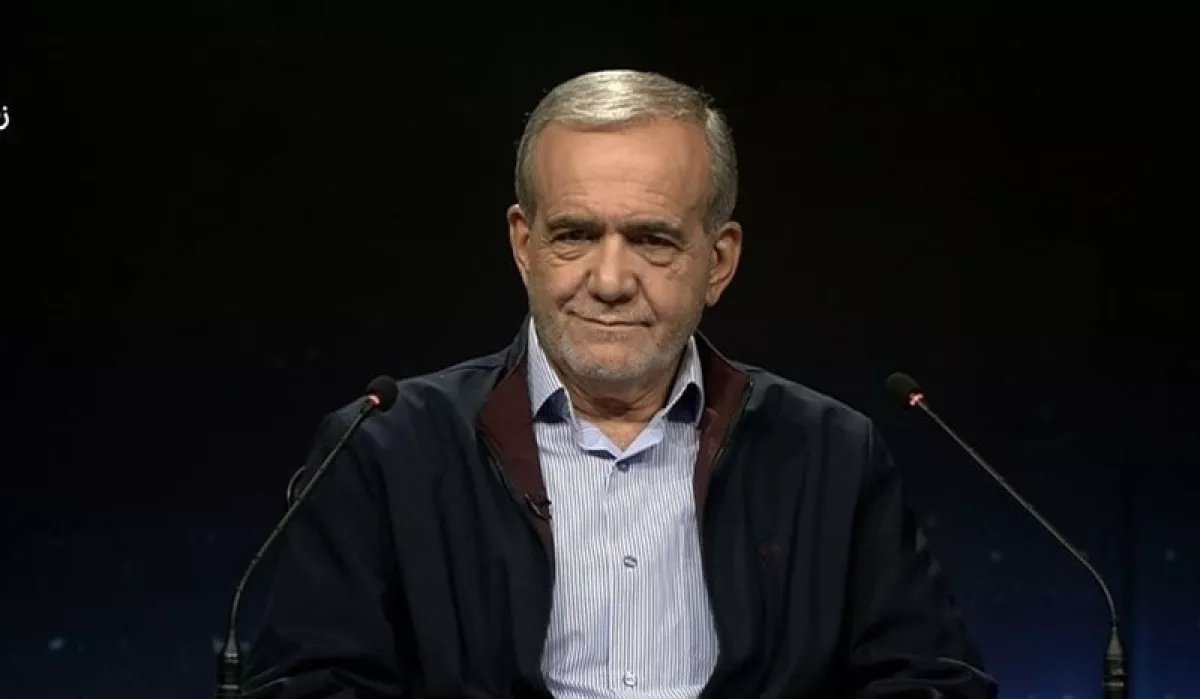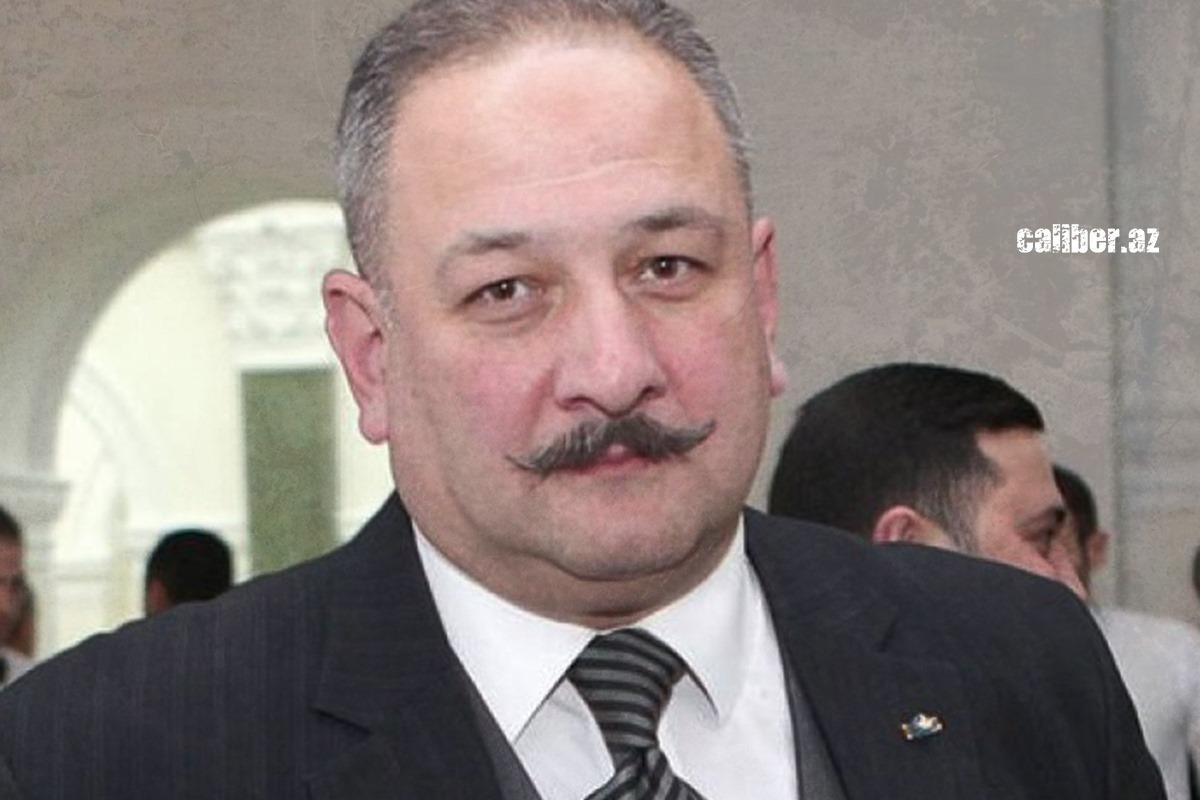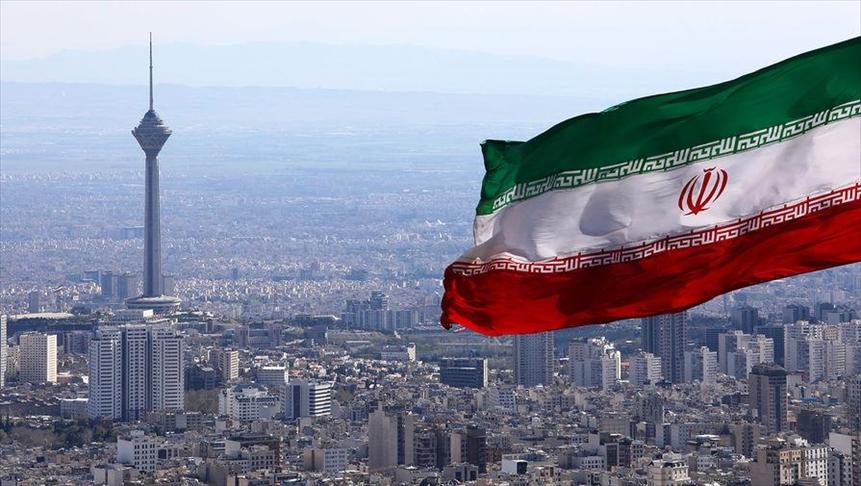Abolition of morality police in Iran: Causes and consequences Expert opinions on Caliber.Az
The Iranian authorities, in their new law regarding the wearing of the hijab, intend to abolish the activities of the morality police – a move that has sparked discussions in global media. Opinions have emerged suggesting that the new president of Iran and his administration are moving towards a form of liberalization in the country, with some analysts even talking about a "secular Iran."
There are indeed signs pointing in this direction: in December 2024, the Supreme National Security Council of Iran called for the suspension of the consideration of a bill that proposed harsh penalties for women not wearing the hijab, including prison sentences of up to 15 years. Not long before that, Iranian President Masoud Pezeshkian refused to approve the controversial initiative in its current form, citing concerns that it would deepen societal divisions. It's also worth recalling that President Pezeshkian promised in September 2024 not to "bother" women regarding the hijab.
Is Iran truly ready for significant liberalization of social norms, including the abolition of many mandatory regulations for women in Iranian society? How far can President Pezeshkian push this issue? To find out, the Caliber.Az correspondent reached out to political scientists, Iran experts, and Orientalists for their views.

According to Lana Ravandi-Fadai, candidate of historical sciences, senior researcher at the Institute of Oriental Studies of the Russian Academy of Sciences, and associate professor at the Department of Modern East and Africa at the Russian State University for the Humanities, first of all, despite the decision of the new president, the ultimate authority in the country remains with the spiritual leader (rahbar), who holds very conservative positions. All new laws and decisions, especially significant ones such as the abolition of the morality police, must be approved by the Guardian Council, which is under the full control of the spiritual leader, and its members are staunch conservatives. Therefore, it is still uncertain whether Masoud Pezeshkian will be able to implement his plans for further liberalization of women's dress.
"Secondly, the abolition of the morality police does not necessarily mean that women will be free to dress as they wish. As the speaker of the Iranian Majlis, Mohammad-Bagher Ghalibaf, has said, the law requiring women to wear Islamic dress is still in effect in the country. However, if the morality police are abolished, this law will no longer be enforced so strictly, and the established norms will not be imposed as harshly.
Thirdly, the founder of the Islamic Republic, Ayatollah Khomeini, introduced the Islamic dress code in the early 1980s through a decree, fearing that free clothing could distract young people from thoughts of religion and spiritual growth and encourage them to seek earthly pleasures. For the same reasons, he banned mixed swimming for men and women in pools and on beaches. The message was clear: an Islamic Iran is not like the 'decadent West' where 'anything goes.' It is a country where everyone — at least in theory — thinks about the higher and the spiritual, and the state ensures a moral climate for its citizens by banning alcohol, indecent books and films, miniskirts, and so on. Abolishing such important decisions by Khomeini, like the mandatory Islamic dress code, is impossible because all major figures of the Islamic regime speak about the sanctity and infallibility of the founder of the Islamic Republic. If this decree were reconsidered, and women and girls were allowed to dress as they wish, it would mean that Khomeini was wrong on this crucial issue! The Iranian authorities cannot afford to go down that path," noted the political scientist.

According to her, it is important to consider that among Iranian conservatives, there is a widespread fear that if even the headscarf is abolished — let alone the entire set of Islamic dress restrictions — most young Iranian women will simply stop wearing it. This would mean that all the efforts of the Islamic regime to raise a "new generation, zealously and voluntarily adhering to all Islamic commandments" (including the commandments regarding modest clothing) would have been in vain. This would be a shock for Iranian conservatives.
"Therefore, a complete abolition of restrictions on women's clothing is simply impossible as long as the Islamic Republic, based on Khomeini's teachings, exists. The only thing Pezeshkian can achieve is to ensure that women are not subjected to mistreatment during their detention by the morality police and that the control over wearing the headscarf is not as all-encompassing and total. It should be noted that in the wealthy and Europeanized northern districts of Tehran, many girls and women no longer wear the headscarf, and they are not particularly harassed. However, in the provinces and in more conservative urban neighborhoods, morality police officers still feel like they are in charge. The president has apparently decided to tackle such incidents of mistreatment in a radical way by simply abolishing the morality police, thereby showing the world: look, we are carrying out at least a limited liberalization in our domestic affairs, which means we are open to friendly dialogue in foreign policy as well. But whether his decision will be approved by the conservative part of the Iranian authorities, represented by the Guardian Council, is still uncertain.
It is also interesting that Ghalibaf, one of the most well-known Iranian conservatives, announced the abolition of the morality police. It turns out that, for some reason, he decided to align himself with the more liberally inclined reformers, such as Pezeshkian," emphasized Ravandi-Fadai.

According to Simon Kopadze, an expert on the Caucasus and Middle East, the processes in Iran are an echo of global geopolitics, where Tehran finds itself in a very vulnerable position. This is due to the fact that Iran has effectively lost its important ally, Syria, which has weakened its influence in the region. Against this backdrop, the positions of other players, such as Turkey and Israel, are strengthening, which significantly changes the balance of power.
"Furthermore, U.S. foreign policy, particularly during the Trump administration, has made Iran one of its key targets, alongside China and Russia. However, it is noteworthy that Washington's strategy does not simply take a general approach toward these countries, but follows a specific sequence of 'Iran – China – Russia.' This means that the U.S. seeks to weaken Iran first, using it as leverage to pressure China and Russia. In this context, Iran needs to take certain steps to balance its international position. For example, in Tehran, there is active discussion about improving relations with Europe. Therefore, against this backdrop, in order to make Iran more attractive and liberal, the authorities are seriously considering softening some aspects of domestic policy, particularly in the religious and moral spheres. This includes the abolition of the morality police and President Pezeshkian's clear course toward a less harsh approach to women's emancipation and rights in the country. This may lead to gradual liberalization in certain areas of society, including the rules for wearing the hijab, especially if the geopolitical situation continues to escalate. Tehran understands that, in the long run, anything is possible, including an armed conflict with the U.S. and its allies. And in order to successfully conduct a war, societal cohesion is necessary, as well as ideological motivation for the people who will be ready to defend their country," the expert believes.

Another issue, according to the political scientist, influencing the abolition of strict public norms in the gender sphere is the tension within the region itself, particularly in the west and northern areas of Iran, such as Southern Azerbaijan. The situation is further complicated by plans to resettle Kurdish refugees from Syria. However, this has sparked serious discontent among the local Azerbaijani population, for whom such actions are unacceptable.
"Already, tensions are growing in the northern part of the country due to this issue, which creates additional risks for the stability of the regime. Therefore, the current authorities in Tehran, and President Pezeshkian in particular, are clearly aware that it is necessary to change societal attitudes, making these relations more trusting and with fewer prohibitions.
Overall, Iran finds itself in a very difficult position, and the situation may become even more strained in the summer. The authorities will likely take steps to ease internal tensions by offering certain concessions to society; however, this is unlikely to radically change the overall balance of power," summarized Kopadze.








